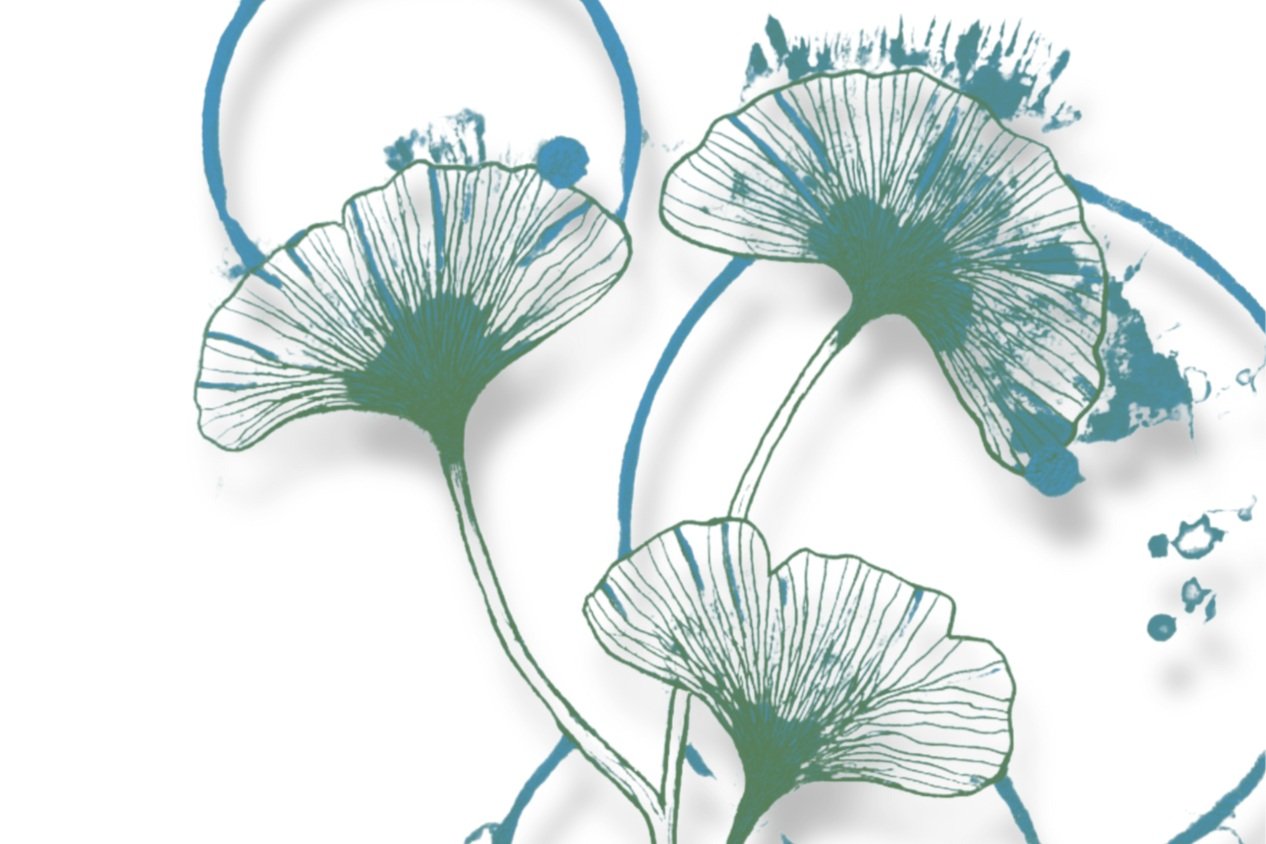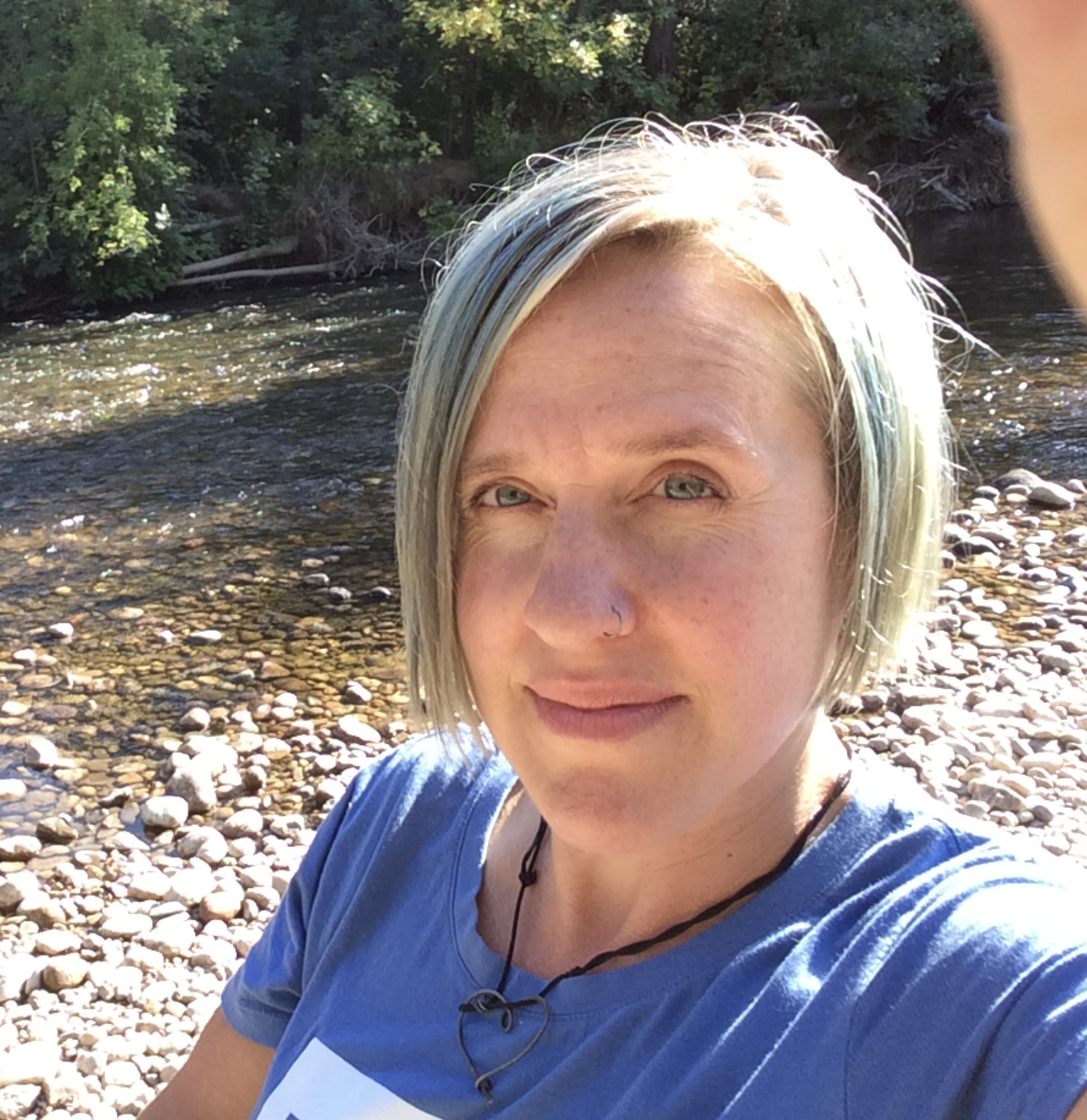
What is Herbal Care?
Traditional and Time-Tested Healthcare
Herbal care, also commonly referred to as herbalism, herbology, herbal medicine, and phytotherapy simply means using or applying herbs, i,e; plants that contain constituents (naturally occuring chemicals), to support the healing of various ailments.
Humans and plants exist within shared ecosystems in the natural world and as such, interrelationships exist. Certain plants have been found to have “affinities” to various systems and organs in the human body; and various plants also interact with different constitutions (body types). The natural chemical constituents of plants have the potential to interact with certain symptoms and disease states.
Professional, trained herbalists understand the plants and their unique attributes. Herbalists apply their understanding of plants to a client’s unique patterns, history, symptoms and prior diagnoses and can suggest and/or formulate custom blends of plant-based remedies designed to gently and effectively enhance health and vitality. In some cases whole plants are used, while in other cases, plant parts such as bark, flowers, leaves, seeds or roots may be used exclusively. Sometimes different parts of the same plant may have distinctive applications for different health conditions.
Predating written history, herbal care was the medical practice of ancient times. Herbal medicines are the basis of modern medicine and informed the invention and formulation of the concentrated drugs in pharmacies today. Herbalism continues to be a primary form of health care ongoing, in many parts of the world.
A modern approach
Although laypersons may dabble in herbalism, clinical herbalists undergo training in human anatomy and physiology, pathophysiology, botany, phytochemistry and some herbal schools even teach modules in nutritional science. Herbalism training also encompasses lessons in ecology and sustainable use of plants with care for preserving endangered plant species and thriving ecosystems.
Clinical herbal training involves learning to extract, preserve and utilize the entire profile of plant compounds by identifying the most useful menstruum, the liquid that will absorb and deliver the active chemicals for each plant, as well as the best form of herbal product for each individual client.
This may involve using various types and concentrations of alcohol, glycerine, oils or water infusions and extractions in order to deliver safe and effective plant products in appropriate and therapeutic dosages. Also, depending upon which herb(s) are chosen and what condition(s) they are adressing, internal or external applications may be indicated for the client.
Herbal Care alongside your primary medical and mental health care.
No person is like another, so every herbal protocol is as unique as the person it is designed for; keeping the whole person in mind. Herbal care is useful to support physical, emotional, mental and even social and spiritual health, as is desired or requested by the client.
Clinical herbalists respect and work alongside western medical practitioners and educate clients about herbal protocols that are designed to compliment a client’s existing health-care, Care is taken to ensure safety and avoid any unsafe interactions with prescription drugs and/or over-the-counter medications, and to avoid any contraindications. This is an important reason to entrust herbal care to the trained, professional, clinical herbalist.
Clinically trained to assist you on your way to wellness.
As a trained and certified clinical herbalist, I am committed to respecting and working in a complimentary manner with your medical choices and your primary care as well as your specialty care practitioners. I have personally and professionally experienced profound health changes from the use of plants and hope my clients achieve decreased suffering and vibrant wellness with help from plant sources.




